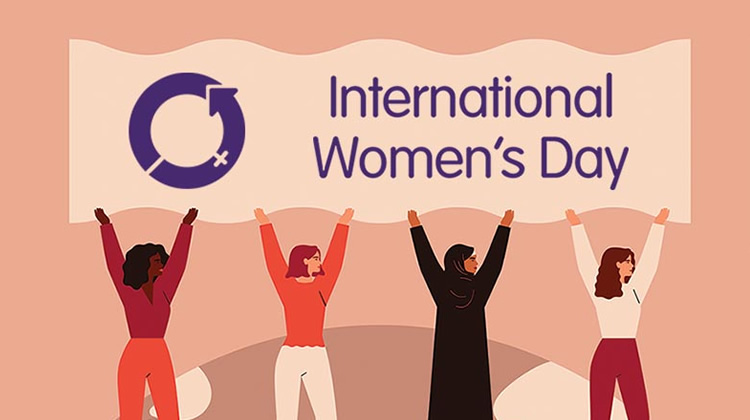
The Chairperson, Association of Women Town Planners, Oluwayinka Bello, in commemoration of International Women’s Day, celebrated Nigerian women for their political, economic, social and cultural achievements.
In a statement obtained by our correspondent Wednesday night, she noted that the recognition of these achievements by the NITP was made obvious following the decision to have an Association of Women Town Planners in Nigeria, an arm of the parent body, the NITP, with chapters across the country.
Mrs Bello said, “It is important to note that recognition of women’s day celebration is also a consideration of gender equality. This March 8 is another call to power on efforts to make the digital world safer, more inclusive, more equitable, and create a better future —not just for women and girls, but for all humanity and all life on earth.
“It is a time to reflect on progress made, call for change and to celebrate acts of courage and determination by ordinary women, who have played extraordinary roles in the history of our country and town planning profession like ours.”
She noted that the AWTPN’s theme, “DigitALL: Innovation and technology for gender equality,” was an expression of inclusiveness, which no one should be deprived of.
She added that no one should be left behind in the use of digital tools neither should there be inconsistencies based on gender.
She said, “We have to use this opportunity to improve digital skills among women and girls, bring girls into the field at an early age while protecting their rights.
“Permit me to mention here that women in town planning will initiate and develop a digital education module for girls in the tertiary schools that will not only expose them to digital tools but more importantly stir up their interest of having a career in digital technology and we look forward to partnering with our parent body on this as well as non-governmental organisations.”
She further noted that female town planners had come a long way by embracing development in the digital age and had taken steps that would leave their footprints in the sands of time.
She added, “The adoption of digital education access to transformative technology and application of digital tools in our profession has given us speed and positively impacted the town planning profession. With these technological skills, our professions have built human capital contributed and still contributing to building sustainable communities and cities within and outside our professional sphere.
“When women town planners can take advantage of digital technology and real-time data, they can gain a better understanding of the environment and can influence a more informed urban planning decisions.
“An efficient and effective digital technology systems can achieve equity and meet the needs of the society by improving accessibility, reducing congestion, promoting sustainability the and better quality of life. Overall, digital urban planning processes and the knowledge of the application in women can help create more livable, inclusive, and resilient cities that better serve the needs of country at large.
“However, as earlier mentioned, it has become necessary to stop and have a sensitive observation of those that are left behind before we take the next step forward. What is the percentage of women that are digitally aware and have truly been inducted into the digital sphere? We are not talking about the use of phones or social media presence alone rather we are concerned about the adoption of digital technology into the process and procedure of work and our professional conduct.”





